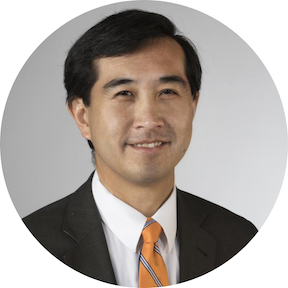| For Immediate Release: Date: February 10, 2021 Contact: Priya Purandare, Executive Director WASHINGTON – The National Asian Pacific American Bar Association (NAPABA) congratulates NAPABA Trailblazer, California Labor Secretary Julie Su, on her nomination to be Deputy Secretary of Labor in the Biden-Harris administration. “California Labor Secretary Julie Su currently oversees the largest state labor department in the country and is an exceptionally well-qualified candidate to serve as Deputy Secretary of Labor,” said A. B. Cruz III, president of NAPABA. “Julie is a nationally recognized expert on workers’ rights and civil rights and has spent a large portion of her career advocating for the immigrant community. 2020 has been a difficult year for most Americans, but even in the face of a pandemic and severe economic decline, as California Labor Secretary, Julie led the state through decisive actions and creative solutions to rescue California businesses. With a state economy of over $3.2 trillion that spans diverse industries, NAPABA is confident that her leadership will steer our country toward recovery and opportunity. Our strong support of her underscores the importance of having public servants who are representative of the American people: whether it’s race, gender or socioeconomic status.” Prior to her role as California Labor Secretary, Su was California Labor Commissioner, Litigation Director at Asian Americans Advancing Justice – Los Angeles and has taught at UCLA Law School and Northeastern Law School. Su was a recipient of the 2019 American Bar Association Margaret Brent Award and a recipient of the MacArthur Foundation’s “Genius” Grant. She is a graduate from Harvard Law School and Stanford University. NAPABA advocated for and strongly supported Julie Su’s nomination. We thank President Biden for nominating Julie Su to Deputy Secretary of Labor. |
###
The National Asian Pacific American Bar Association (NAPABA) represents the interests of approximately 50,000 legal professionals and nearly 90 national, state, and local Asian Pacific American bar associations. NAPABA is a leader in addressing civil rights issues confronting Asian Pacific American communities. Through its national network, NAPABA provides a strong voice for increased diversity in government and the judiciary on the local, state, and federal levels, advocates for equal opportunity in the workplace, works to eliminate hate crimes and anti-immigrant sentiment, and promotes the professional development of people of color in the legal profession.


